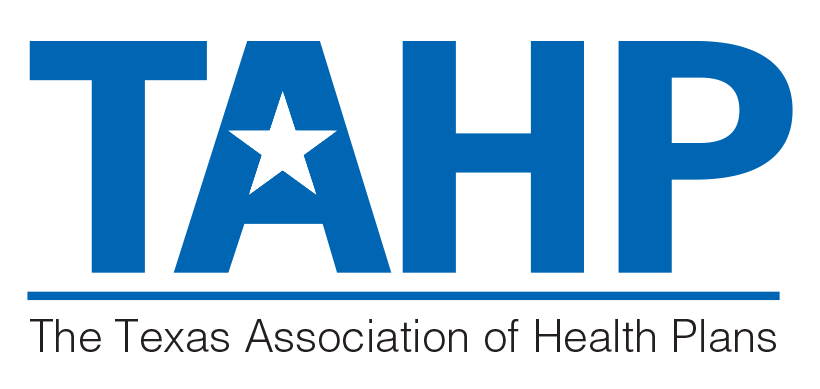
TAHP Opposes HB 907: Don’t Eliminate Protections of Prior Authorization
Complete Coverage

By: TAHP | Tuesday, March 16, 2021
March 16, 2021
By: Jamie Dudensing
The Texas Association of Health Plans opposes House Bill 907, which creates a new, unfunded health insurance mandate that prohibits preauthorization requirements for all drugs prescribed to treat a chronic or autoimmune disease. This would eliminate most prior authorizations for prescription drugs. HB 907 is scheduled to be heard in the House Insurance Committee on Tuesday, March 16.
“Prior authorization requirements are an essential tool to prevent health care waste, fraud and abuse and even more importantly, to protect the health of patients,” Jamie Dudensing, CEO of TAHP said. “Eliminating prior authorizations removes the checks and balances in the system, essentially giving providers a blank check for services and putting patient safety in danger.”
Prior authorizations for prescription drugs protect patients from opioid abuse and severe drug interactions or reactions. According to a study by the Institutes of Medicine, most adverse drug events that patients experience are caused by prescriber errors. These adverse drug events (ADEs) account for more than 3.5 million physician office visits and 1 million emergency department visits each year. It is believed that preventable medication errors affect more than 7 million patients and cost almost $21 billion annually. About 30% of hospitalized patients have at least one medication error at discharge. Medication errors and ADEs are an underreported burden that adversely affects patients, providers, and the economy.
Prohibiting prior authorizations would also drive up costs for Texas employers and families, placing a hidden tax on Texas employers. One large health plan estimates that bills like HB 907 that prohibit or severely restrict prior authorization of health care services would increase annual costs by almost $500 million for its fully insured individual and small business benefit plans. The Texas Legislative Budget Board estimates that HB 907 would increase health insurance premiums for state employees by $45 million a year, teachers by $23 million a year, and retired teachers by $23 million a year. Removing the ability to ensure appropriate utilization in the Medicaid and CHIP programs also increases costs for taxpayers.
If patients or doctors are unhappy with a prior authorization decision, the state requires that every prior authorization can be quickly appealed to an independent doctor.
“Texas already has some of the strongest protections for prior authorization in the nation,” Dundensing said. “All prior authorization requirements must be evidence based, reviewed within three days, and can be appealed to an independent physician. Rather than eliminating prior authorizations and all the protections that come with them, we should instead focus on making the process as seamless as possible.”
The 2019 Council for Affordable Quality Healthcare, Inc. (CAQH) Index report found that any kind of electronic health record adoption—partial or full—significantly reduces the cost of prior authorizations. Most providers still use manual processes despite the availability of online submission portals, and almost half of provider PA requests are still submitted by fax.
Texans agree that checks and balances are needed in today’s health care system. In a recent survey, a majority of Texans agreed that insurance providers should cover only medical tests, procedures, and operations that are pre-approved as necessary and effective. A majority of Texans also believe it’s appropriate for insurance providers to lower premium costs by establishing programs that check to ensure payment is made only for medically appropriate services.
Learn more about TAHP’s positions on prior authorization on our smart care policy page, in our one pager on smart care and PA, and in our Complete Coverage article, “The Power of Prior Authorization”.
The Texas Association of Health Plans (TAHP) is the statewide trade association representing health insurers, health maintenance organizations, and other related health care entities operating in Texas. Our members provide health and supplemental benefits to Texans through employer-sponsored coverage, the individual insurance market, and public programs such as Medicare and Medicaid.
Stay updated on the latest TAHP news

Articles written by TAHP’s team of policy experts that examine the research, trends, and impact of the most important health care policy issues facing Texas and the country today.

Weekly news clips assembled by the TAHP team that highlight the top headlines from the health insurance and health care worlds, as well as important political updates.
